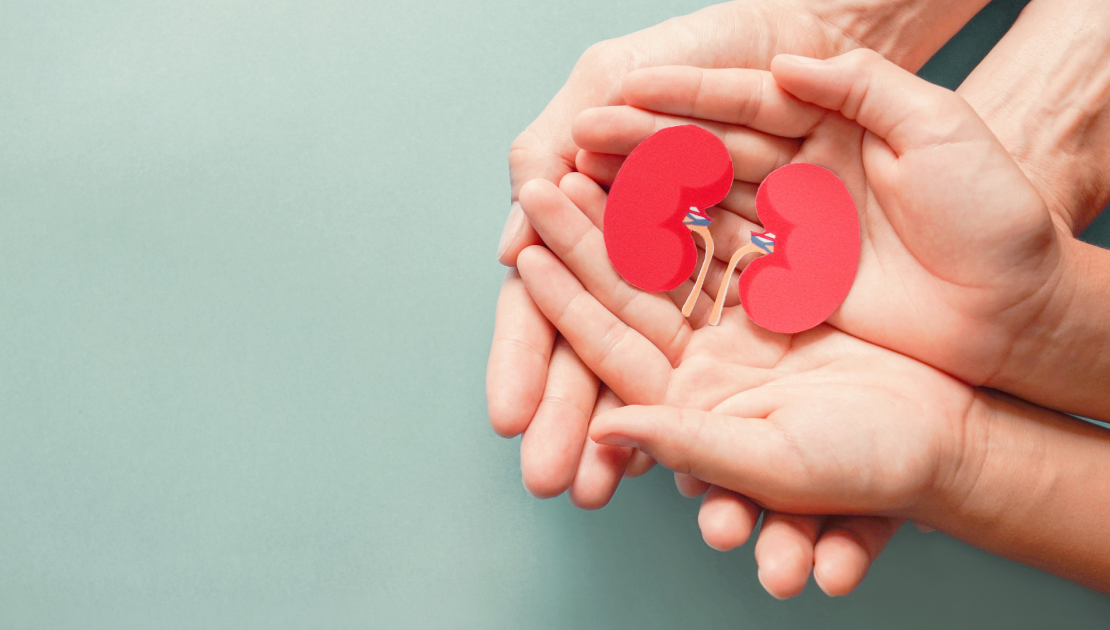9 March 2023 is World Kidney Day. Briefly, the kidneys are two organs located on either side of the spine, behind the ribs and measuring around 12 centimetres.
As well as eliminating toxins resulting from the body's metabolism, such as urea, creatinine, uric acid, among others, the kidneys also have the function of maintaining the body's constant water balance, eliminating excess water, salts and electrolytes in order to prevent the appearance of oedema (swelling) and increased blood pressure. In addition, they act as hormone-producing organs, such as erythropoietin (formation of red blood cells), vitamin D (absorption of calcium to strengthen bones) and renin (regulation of blood pressure).
Over the course of our lives, kidney function decreases progressively and expectably. However, there are certain situations that can influence kidney function and its accelerated deterioration. The two most common diseases are diabetes and high blood pressure.
The deterioration of the kidneys leads to kidney disease, which can sometimes be silent. However, it is possible to detect the presence of this disease through certain signs and symptoms, such as bloody urine, foamy urine (presence of protein in the urine), oedema, very clear urine and anaemia (paleness, tiredness, chest pain and drowsiness).
In order to get an idea of kidney disease, some statistics for Portugal are presented. It is estimated that around 800,000 people suffer from chronic kidney disease and that there are around 16,000 people with kidney failure, including those who have already received a kidney transplant. In addition, every year there are more than 2,000 new cases of kidney failure.
Through some daily practicesIt is possible to take good care of your kidneys and reduce these figures:
- Reduce your salt intake in food and bear in mind that the maximum allowed is five to six grams a day.
- As well as drinking plenty of water, eat a healthy diet and exercise regularly.
- In order to maintain this lifestyle, don't smoke and maintain an appropriate weight.
- Measure your blood pressure frequently and take medication only on the advice of your doctor.

